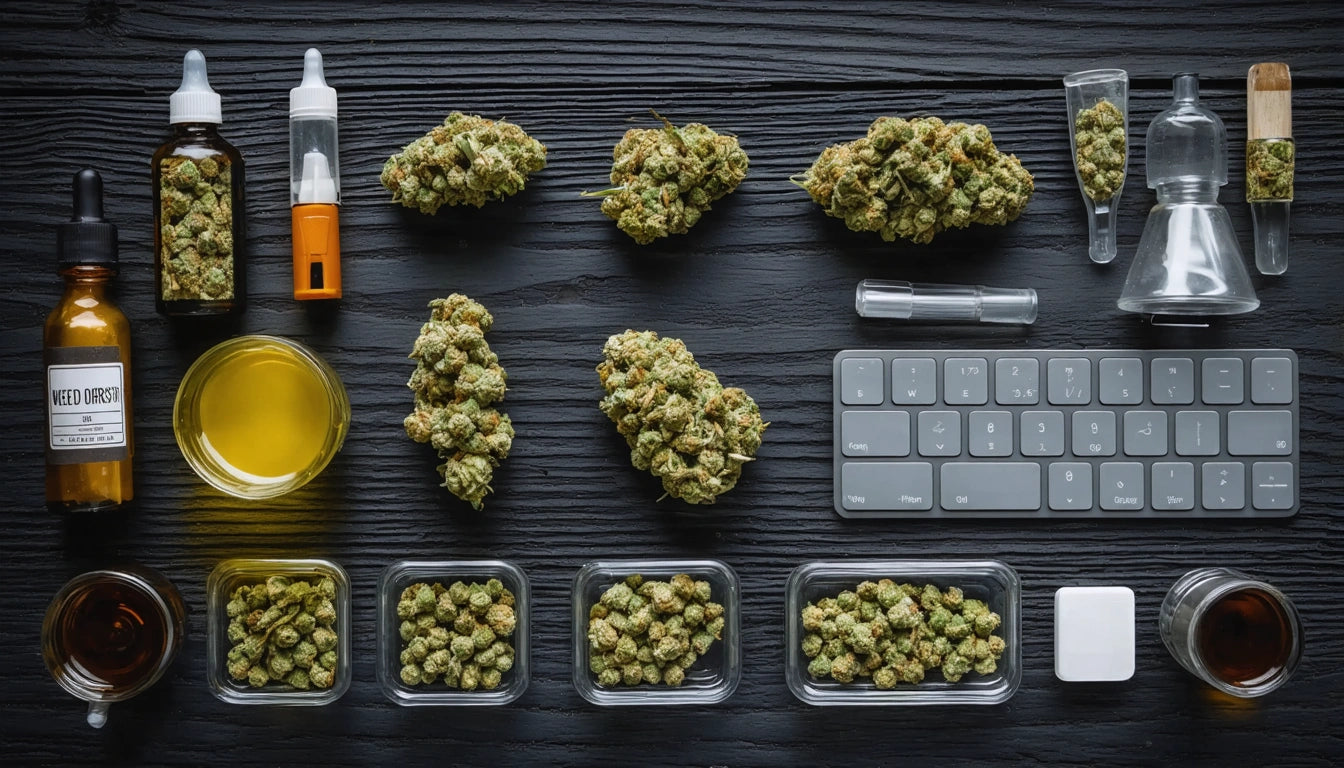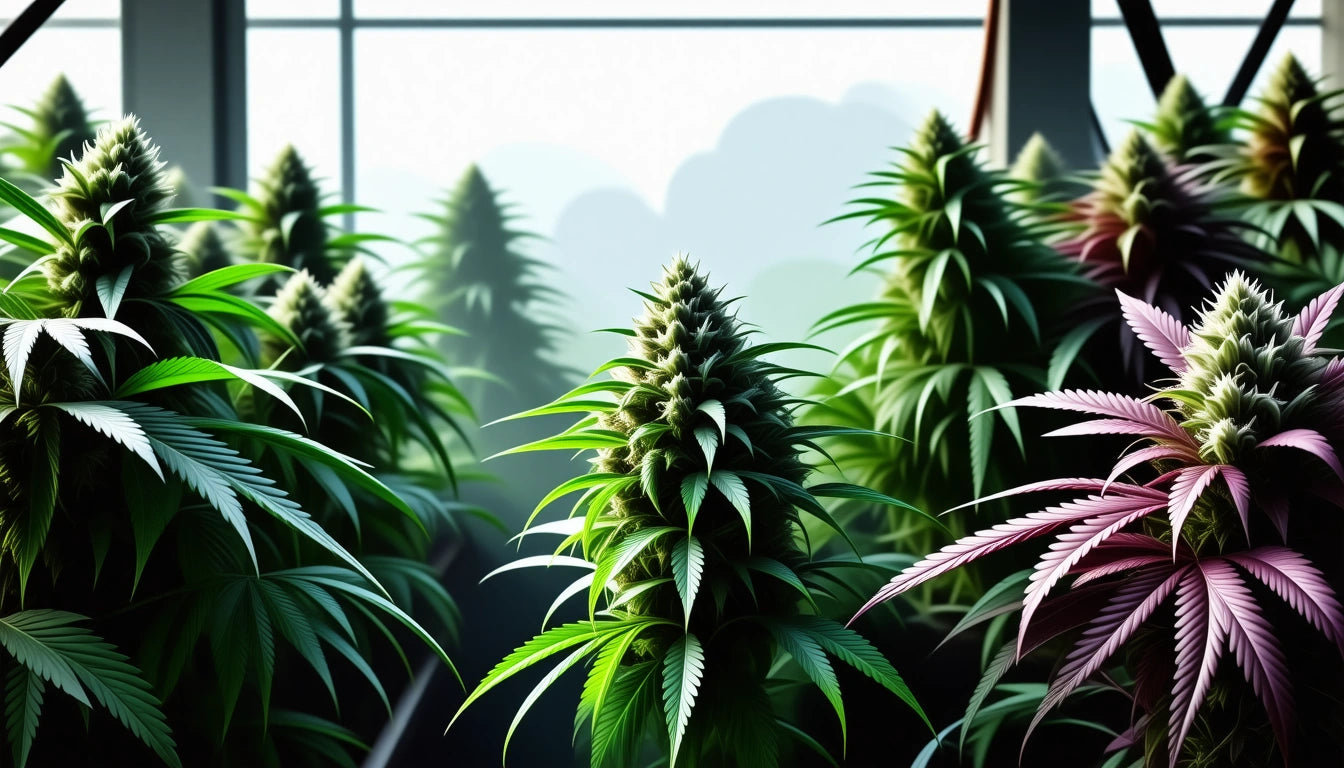Understanding Drug Legislation and Court Systems in San Francisco
San Francisco has emerged as one of America's most progressive cities regarding drug policy reform. The question of what drugs are legal in San Francisco reflects broader shifts in how municipalities approach substance use, public health, and criminal justice. This guide explores the current legal landscape, the innovative drug court system, and the key figures who shaped these policies.
Current Drug Legislation in San Francisco
Contrary to some misconceptions, not all drugs are legal in San Francisco. The city operates within California state law while implementing its own policy priorities. Here's the current status of various substances:
- Cannabis: Fully legal for adults 21+ for recreational and medical use since California's Proposition 64 passed in 2016.
- Psychedelics: In 2022, San Francisco passed a resolution to deprioritize enforcement against plant-based psychedelics like psilocybin mushrooms, but they remain technically illegal under state and federal law.
- Hard Drugs: Substances like heroin, cocaine, and methamphetamine remain illegal, though San Francisco has implemented harm reduction approaches rather than strictly punitive ones.
While exploring drug legality in California more broadly shows varying approaches across the state, San Francisco has consistently positioned itself at the progressive end of the spectrum.
Decriminalization vs. Legalization: Understanding the Difference
A common misconception is that drugs are legal in San Francisco. However, there's an important distinction between legalization and decriminalization:
Legalization
Legalization means a substance is regulated for legal sale and possession, as with cannabis in California. This includes:
- Legal production and sales channels
- Age restrictions
- Quality control and testing
- Taxation frameworks
Decriminalization
Decriminalization, which more accurately describes San Francisco's approach to many substances, means:
- Possession for personal use is treated as a civil or public health matter rather than a criminal offense
- Production and sales typically remain illegal
- Law enforcement deprioritizes arrests for possession
- Focus shifts to treatment and harm reduction
San Francisco has implemented a decriminalization approach for many substances, though it's inaccurate to say all drugs are legal in San Francisco. The city's policies align with a public health framework that treats addiction as a health issue rather than a criminal one.
San Francisco's Drug Court System
San Francisco pioneered the drug court model in California, establishing its program in 1995. These specialized courts provide alternatives to incarceration for non-violent drug offenders, focusing on treatment and rehabilitation instead of punishment.
The drug court system works through:
- Case management and supervision
- Mandatory treatment programs
- Regular court appearances and drug testing
- Graduated sanctions and incentives
- Potential dismissal of charges upon successful completion
This approach has shown promising results in reducing recidivism and costs compared to traditional incarceration. According to research on drug policy approaches, specialized courts can reduce reoffense rates by up to 45% compared to traditional criminal courts.
Pioneering Judges in San Francisco Drug Courts
The first drug court judge in San Francisco was Judge Jeffrey Tauber, who played a pivotal role in establishing the city's drug court in 1995. Judge Tauber later became the founding president of the National Association of Drug Court Professionals, helping to spread the model nationwide.
Other notable judges who shaped San Francisco's approach include:
- Judge Lillian Sing, who expanded the drug court model
- Judge Ina Gyemant, who established the city's juvenile drug court
- Judge Ronald Albers, who focused on collaborative justice principles
These judicial pioneers recognized that traditional criminal justice approaches were failing to address the underlying issues of addiction and substance use disorders.
Cannabis Regulations and Compliance
Since cannabis is legal in San Francisco, the city has implemented comprehensive regulations to ensure public safety. One critical aspect is proper packaging and labeling, particularly to prevent accidental consumption by children.
According to safety standards for controlled substances, proper packaging must be designed to be significantly difficult for children under five years of age to open while remaining accessible for adults. This regulatory approach balances consumer access with public health priorities.
Cannabis businesses in San Francisco must comply with:
- Child-resistant packaging requirements
- Clear labeling of THC content
- Warning labels about potential effects
- Batch testing information
- Tamper-evident sealing
These requirements align with California's broader approach to medical and recreational cannabis, though San Francisco often implements additional local regulations.
Future of Drug Policy in San Francisco
San Francisco continues to evolve its approach to drug policy, with several emerging trends:
- Supervised Consumption Sites: The city has explored establishing legally sanctioned spaces where people can use pre-obtained drugs under medical supervision.
- Expanded Psychedelic Research: Following the deprioritization of plant medicines, San Francisco is becoming a hub for research into therapeutic applications of psychedelics.
- Community-Based Alternatives: Increasing focus on non-carceral responses to substance use, including community service and restorative justice approaches.
The question of what drugs are legal in San Francisco will likely continue to evolve as the city balances public health, individual liberty, and community safety. While not all drugs are legal in San Francisco today, the city's approach represents a significant departure from traditional prohibition models toward a more nuanced, health-centered framework.
As other jurisdictions look to reform their own drug policies, San Francisco's pioneering drug courts and progressive approach provide valuable lessons in how cities can address substance use through public health rather than criminal justice frameworks.











Leave a comment
All comments are moderated before being published.
This site is protected by hCaptcha and the hCaptcha Privacy Policy and Terms of Service apply.